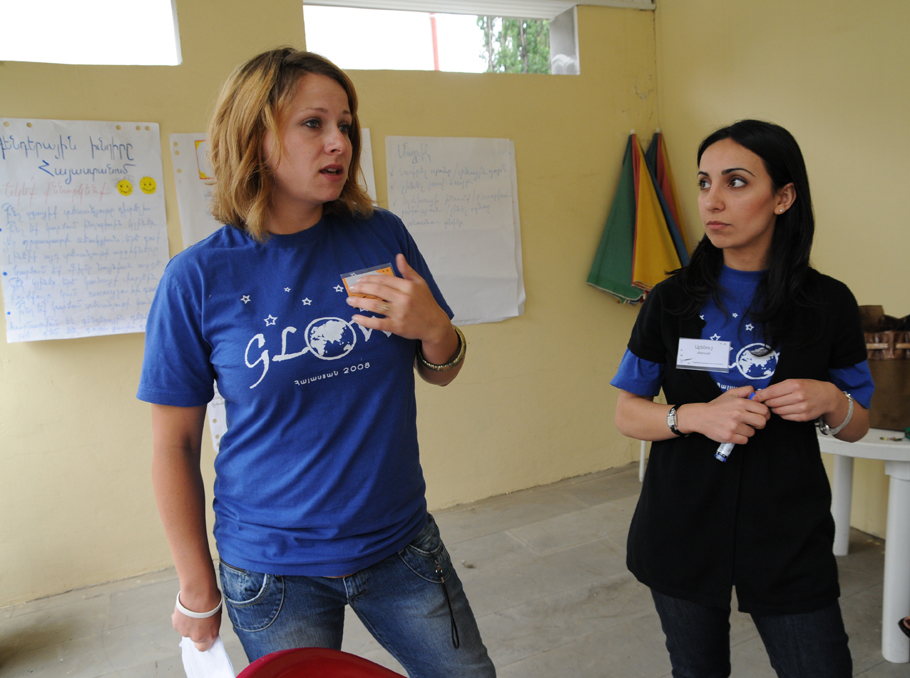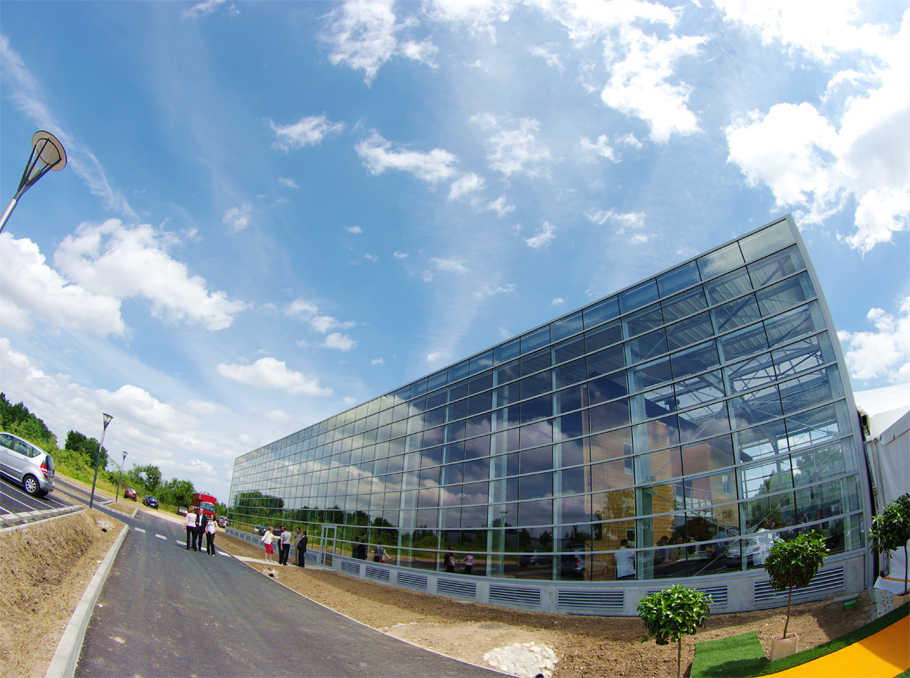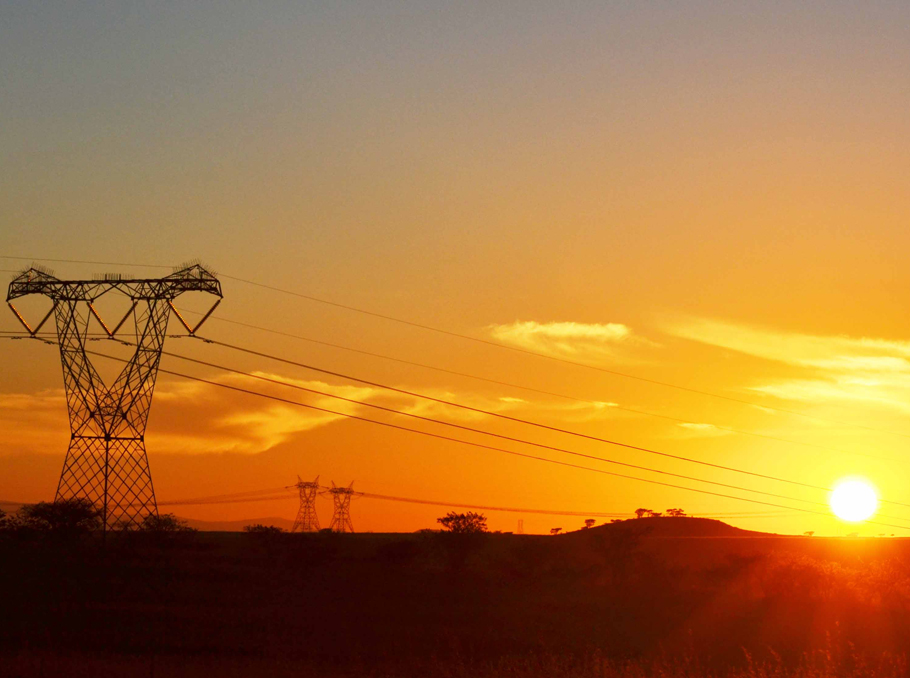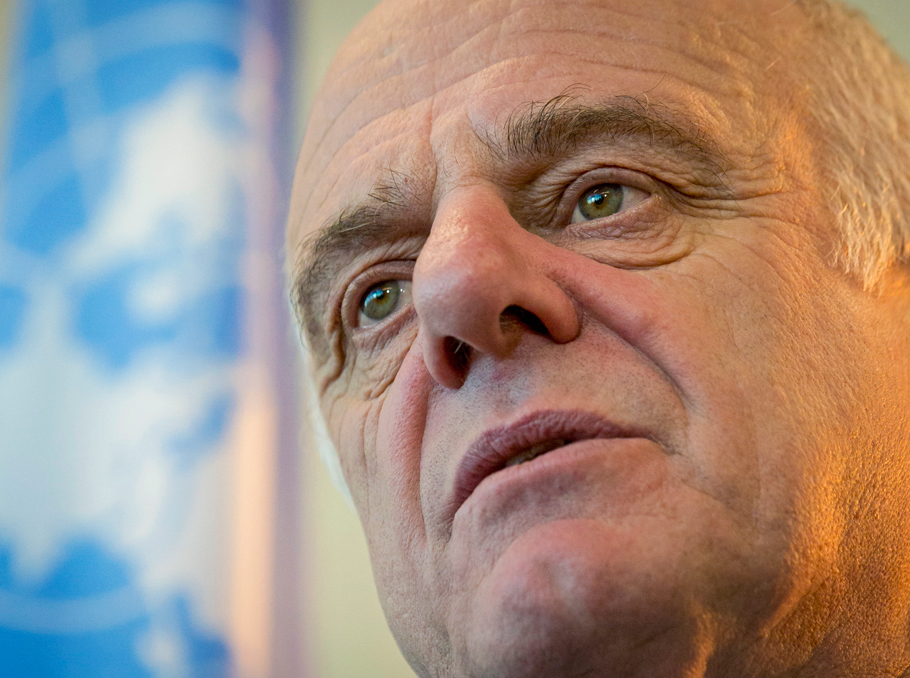Institutional, economic and social reforms aimed at achieving the Millennium Development Goals (MDGs) have been implemented in Armenia for the past 15 years. The Sustainable Development Goals (SDGs) came into force on January 1, 2016.
The progress towards the implementation of the MDGs in Armenia has been summarized in the “Armenia - National Progress Report 2015” which will be made available to the public in the near future.
Mediamax singled out the chapter on the promotion of gender equality and women's participation from the “Armenia - National Progress Report 2015” report.
According to the report, Armenia has not achieved the targets for promoting gender equality and expanding women's participation.
Although men and women have equal opportunities for education (the number of women enrolled in higher education is higher), women face difficulties in finding highly paid jobs, especially in the non-agricultural sector. Women's and men’s employment rates were 46% and 62% respectively in 2013.
According to the data, women hold less decision-making positions in the economic, business and political life. Although the number of female parliamentarians has tripled, as of 2015 it continues to remain at a very low level (11 %). The involvement of women in local self-government bodies is limited, and women's involvement in local and regional administration bodies as community leaders is practically non-existent.
Increasing women's participation in political decision-making was a target for Armenia in 2015.
The Armenian Government implemented national action plans for promotion of gender equality in 2004-2010 and 2011-2015. It adopted the Gender Policy Concept Paper in 2010 and the Law on Ensuring Equal Rights and Opportunities for Women and Men” in 2013.
However, women are not able to exercise the rights guaranteed by the law, especially as jobs and political and leadership positions for women remain limited, which increases the risk of unemployment and poverty.
Almost two thirds of the respondents of the “Gender Barometer” survey believe that there is an inequality between men and women in the society, with only 8% of respondents disagreeing with such an assessment. In addition, the majority of the respondents consider that women's rights are violated in all the areas - family, politics, workplace and elsewhere. Women are more likely to engage in an activity that has little to do with their professional qualifications and knowledge.
Compared to men, women are also less satisfied with their salaries and opportunities for professional development. Gender-based violence occurs mainly due to limited performance of women in society and their economic dependence.
Recent survey data on gender imbalance among newborns from the UN Population Fund shows that inequality has increased since Armenia gained independence: according to statistics, 100 girls were born in 2011 compared to 114 boys.
“The main causes of gender inequality in Armenia are rooted in the culture and perception of men and women, traditionally ascribed roles and the perception of the family, the workplace, in the community or within the wider community,” says the report.
There has been an increase of the share of women holding highly paid management positions in the public and private sectors in the last decade, however their number remains very small. Armenia did not achieve the targets on gender equality. This goal showed the weakest results.
Women's participation has increased in Yerevan municipality, , in the staff of the Government of Armenia and the Parliament, but it is very low in the regional administration and communities. Women are deprived of the opportunity to hold decision-making positions in the economic sector, business and political life in Armenia.
Compared to men, women's economic activity is lower, comprising 55% compared to 72%, and this ratio has remained almost unchanged over the last decade. The number of girls who neither study nor work is continuously growing compared to boys.
At the same time, it should be noted that women's participation in active labor market programs funded by the state is twice as high as that of men.
Experts believe that households headed by women are more likely to suffer from poverty than those headed by men.
According to the report, a substantial reduction of wage inequality has been recorded since 2000. As of 2003, women generally earn around 34% less than men. The difference in wages is the smallest in the arts, entertainment, recreation, catering, hotel and agricultural sectors. The difference makes 40% in production, finance and insurance industries, and 30% in public administration, defense and healthcare sectors.
The previous and ongoing experience of the United Nations Development Programme (UNDP) showed that women have more abilities and desire to lead, considering their knowledge and interest in making decisions, which affects them and the society.
It is worthwhile to mention that UNDP worked in 10 marzes of Armenia supporting women empowerment at the local level through the "Women in Local Democracy" (WILD) project financed by the European Union and implemented in cooperation with the Armenian Ministry of Territorial Administration and Development in 2012-2015. At present, UNDP continues to work in the mentioned sphere with the assistance of the Swiss Agency for Development and Cooperation.
The assistance, particularly aimed at increasing opportunities for women to participate in local governance, ensuring women's large-scale involvement in raising the potential of local administration bodies, and providing public awareness of gender equality and issues of local governance.
Gender equality is one of the key priorities in the 2016-2020 UN-Armenia Development Assistance Framework:“By 2020, Armenia has achieved greater progress in reducing gender inequality and women are more empowered and less likely to suffer from domestic violence.”
The UN adopted an ambitious objectiveto assist Armenia in increasing the percentage of decision-making positions occupied by women at national and local levels, specifically 14% for legislative, 30% for judicial, 18 for executive, 3 for community heads, and 15% for council members.
Challenges and perspectives
MDG indicators do not reflect the number of challenges related to gender equality, however, they are very important and require special attention. These challenges include large gender imbalance among newborns and gender violence.
Experts point out that gender equality should be among the key priorities for Armenia. This priority directly relates to the Sustainable Development Goal on this issue, which is “Achieving gender equality and empowering girls and women.”
The main areas that require attention are equal employment opportunities for men and women, general public awareness of the concepts of gender and gender equality, including among youth, women's participation in political decision-making, reduction of gender-based violence and discrimination against women and girls in the public and private sectors.




























Comments
Dear visitors, You can place your opinion on the material using your Facebook account. Please, be polite and follow our simple rules: you are not allowed to make off - topic comments, place advertisements, use abusive and filthy language. The editorial staff reserves the right to moderate and delete comments in case of breach of the rules.